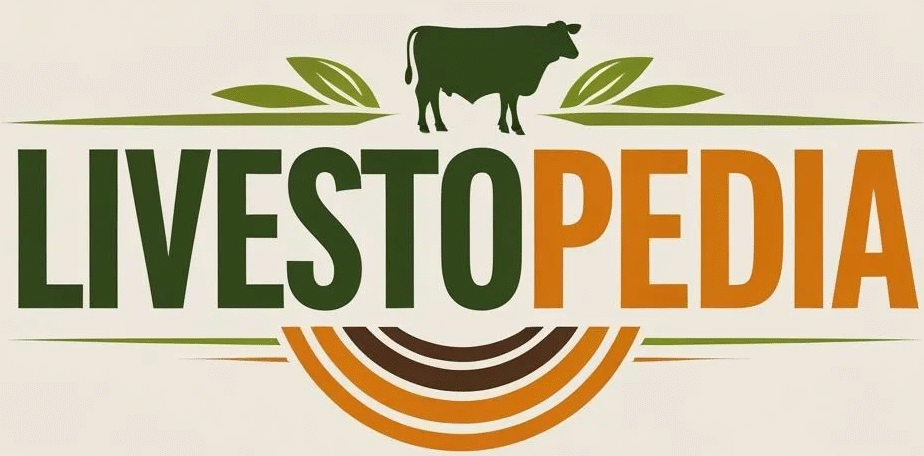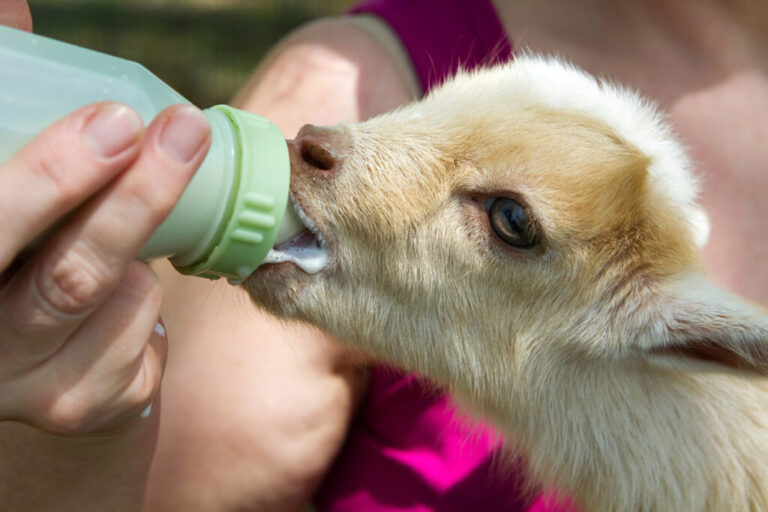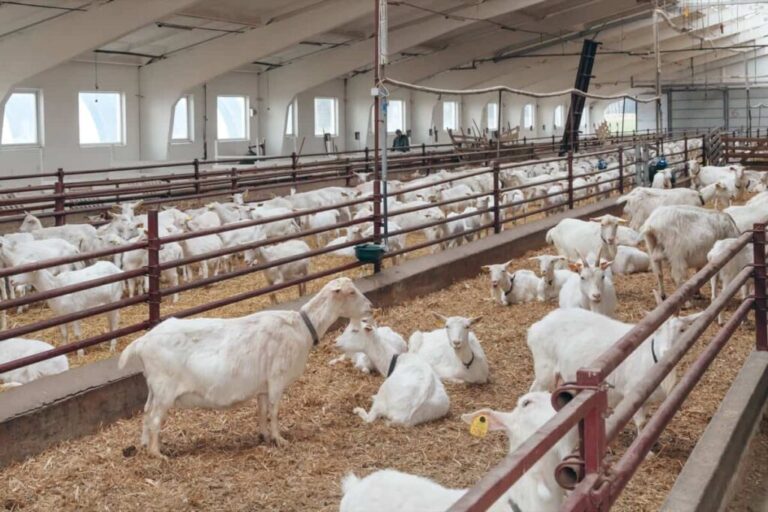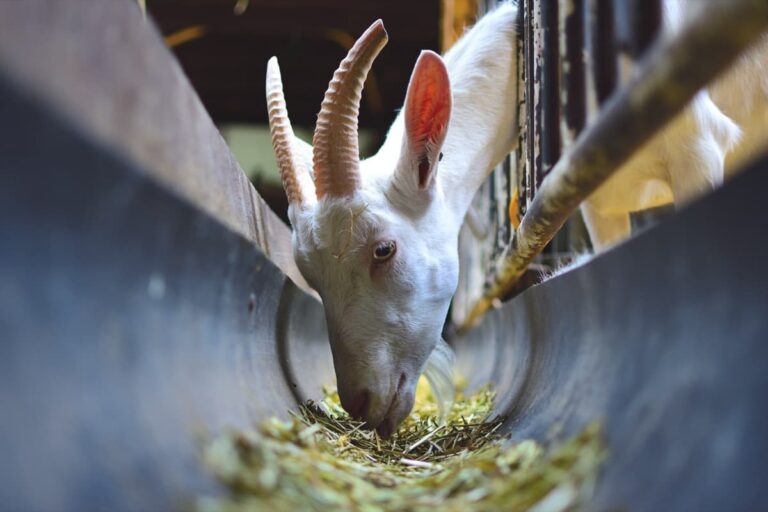Once turkeys move past the poult stage, their nutritional needs shift from rapid early development to steady, sustainable growth.
This transition typically occurs at eight weeks of age, when birds should be switched from a high-protein starter to a grower feed that balances protein with energy and essential nutrients.
The goal during the grower phase (generally from eight to sixteen weeks) is to maintain healthy weight gain, support strong skeletal structure, and prepare the birds for the finishing stage without encouraging excessive fat deposition.
The ideal grower diet for turkeys contains 20–24% crude protein, with energy levels carefully balanced to match the birds’ activity level and housing conditions.
Protein remains important for muscle development, but overfeeding protein can be wasteful and costly, so feed formulation should be precise.
Essential amino acids like lysine and methionine are critical for feather quality, growth uniformity, and overall health.
Energy is typically supplied through high-quality cereal grains such as corn or wheat, while protein sources can include soybean meal, fish meal, or other approved animal protein products, depending on market regulations.
Minerals and vitamins play an equally important role in grower diets. Adequate calcium and phosphorus are vital for bone strength, while trace minerals like zinc, manganese, and selenium support immune function and reproductive health in breeder flocks.
Vitamin supplementation, particularly vitamins A, D, and E, helps prevent deficiencies that could impair growth or increase susceptibility to disease.
Many farmers also incorporate probiotics, enzymes, and organic acids into grower feeds to promote gut health and improve feed conversion efficiency.
Feed form matters as much as nutrient composition. Pelleted feed is often preferred for growing turkeys because it reduces waste, encourages consistent intake, and ensures birds receive a balanced diet in every bite.
However, crumble or coarse mash may still be suitable for some breeds or management systems, especially in free-range setups where birds supplement their diet with forage.
Regardless of form, feed should be fresh, dry, and stored in clean, rodent-proof containers to maintain quality.
Regular monitoring of growth rates and feed consumption is essential during the grower stage. Uneven growth within the flock may indicate nutrient imbalances, feed contamination, or environmental issues such as overcrowding.
Farmers must fine-tune feed formulations to match the birds’ developmental stage and carefully track performance. This will ensure their turkeys enter the finishing phase in peak condition, ready to achieve optimal market weight and carcass quality.



